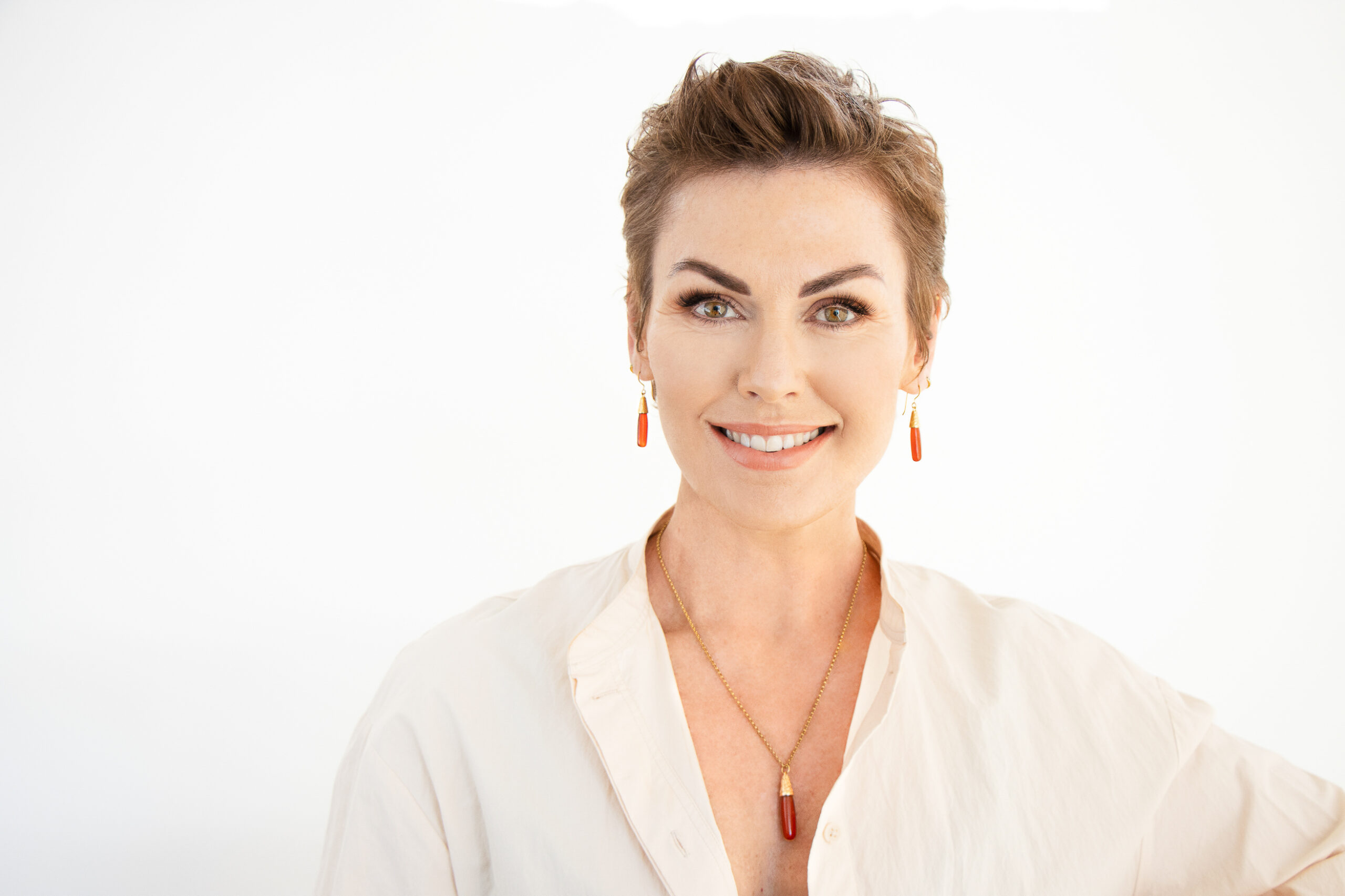Time to press reset
Sébastien Michel and business partner Carole Zink are busy ramping up their tourism business. They’re also finding things are now very different to pre-Covid times. Imagine you own an inbound […]
Sébastien Michel and business partner Carole Zink are busy ramping up their tourism business. They’re also finding things are now very different to pre-Covid times.
Imagine you own an inbound travel business turning over $4.5 million in sales per annum, when suddenly New Zealand’s borders are slammed shut overnight on you, indefinitely.
Such was the nightmare faced by Auckland-based Sébastien Michel and business partner Carole Zink on March 19, 2020.
Covid had terminated Frogs-in-NZ, the business they had grown out of a travel blog Sébastien created in 2001.
To appreciate the gravity of the situation they found themselves in, you first need to examine why the now renamed Frogs was travelling so successfully before the Covid catastrophe.
The journey to becoming a profitable business had been a quick one, remembers Sébastien, with growth originally fuelled by producing travel literature in French for visiting tourists. This led to publishing guidebooks with the help of French-speaking residents living in New Zealand, and later on advising on itineraries.
“While we sold around 25,000 copies of our guidebooks over time, the travel agency became our largest income source by far,” says Sébastien. “The business reached maturity in 2008 when we employed ten staff.”
The 2011 Rugby World Cup saw a peak in travel bookings, after which sales dropped off for a while. But that didn’t concern Sébastien and Carole. They aspired to remain a small business, but with high profit margins.
“We could have gone to Australia or elsewhere, but we did not want to travel back and forth and neglect our families,” recalls Sébastien. “Therefore, in true Kiwi fashion, we developed Frogs under the mantra ‘small is beautiful’.
“Pre-Covid, by travel industry standards, we were very profitable.”
Pre-Covid, some 75,000 French-speaking visitors were coming to New Zealand every year.
With that tap firmly turned off in March 2020, Sébastien and Carole thought they’d only have to weather a few months of disruption. The government wage subsidies would preserve their cash reserves.
Unfortunately, this plan wasn’t sustainable.
“Carole was adamant we needed to make staff redundant, refund customers as fast as we could and get out of our leased Ponsonby office,” says Sébastien. “She was right. So we did all this in 2020 and by September had even fired ourselves.”
Their cash reserves and some government subsidies allowed them to maintain their assets, such as website, blogs, CRM, booking software, phones and computers.
“We were lucky not to have major capital investments such as large buildings or fleets,” says Sébastien. “Despite the government’s call to ‘pivot’ the business, we decided not to. All our content is in French and we did not see any opportunity for us on the local market.”
Everyone moved on to other jobs. Events management and handyman roles for Sébastien, comms management and sales for Carole, while their staff scattered far and wide – across real estate, website sales, photography and bakery ventures.
All travel clients on their books in March 2020 were refunded or kept in credit for future travel to New Zealand – whenever that might happen.
“This worked well. We had very few issues and managed to keep our reputation intact,” says Sébastien. “While it was devastating to see all our hard work go out the door, we were by no means the worst affected in the travel industry.”
He says they were amazed to keep receiving travel enquiries from all over the French-speaking world despite the pandemic, and by the start of 2022 had already clocked up some 400 enquiries.
Back to the future
Today Frogs is back in business. It’s now a home-based business with no plans to move back into commercial premises.
“We are trying to get into more of a collaborative style of work,” explains Sébastien. “This is where key staff will be able to take shares in the company and will be free to run their schedule as they please around our common goals. We have not done a comprehensive business plan, but we do plan on staying very agile.
“This pandemic has taught us that we need to be flexible and always ready for change.”
In 2022 New Zealand has become an even more attractive destination for overseas tourists, he believes. However, with higher prices he anticipates less tourists, although they will be spending more. And while he has not seen backpackers return yet, they should slowly build in numbers.
“It’s still early days, but we are receiving more enquiries from people in French territories closer to New Zealand, rather than from France and Europe.”
Sébastien is in two minds about the future of New Zealand’s travel industry. Rental car fleets and B&B accommodation have been depleted. People are more conscious about the carbon footprint of long-distance travel. It will all have an impact and ambitions may need to be reined in.
“Only time will tell,” he says.
Lessons learnt
Looking back, Sébastien and Carole have learnt a lot about business. The big one is to always follow your passions – the things that keep you awake at night.
“Even if those interests or passions don’t look like they can be a business, keep pushing,” he says, “until you succeed at it.
“During my Frogs adventure, it seemed like the stars were aligning. Because at all those crucial moments, those existential moments, a solution would always appear. It really felt like I was on the right pathway,” says Sébastien.
It helps, too, that New Zealand is the best country in the world to try things without the hassle of lots of paperwork and taxes, he adds. “And Kiwis are amazing when it comes to trusting newcomers with good ideas.”
Story by editor Glenn Baker.



